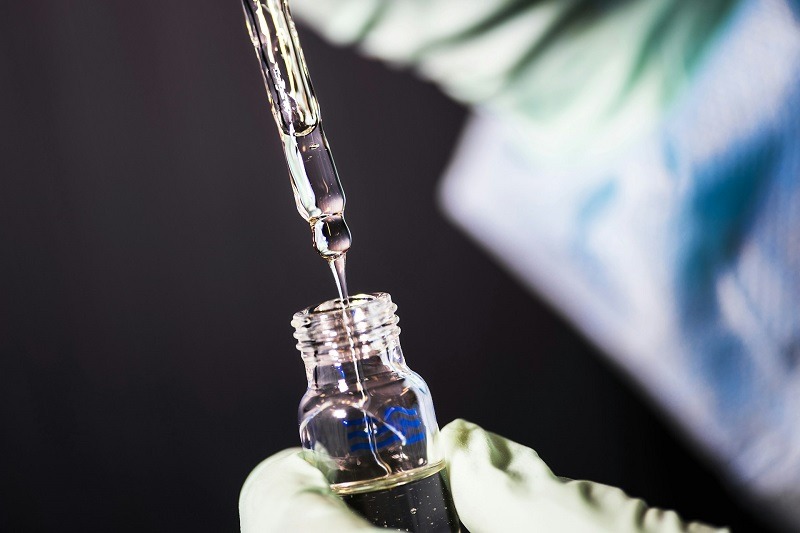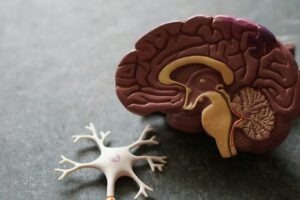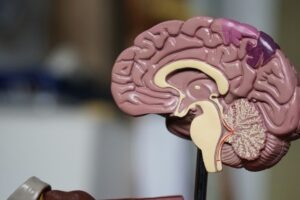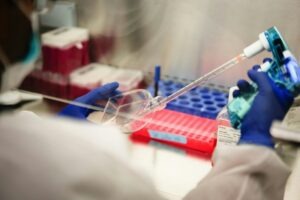Asha Therapeutics has received a grant from the ALS Association through its Lawrence and Isabel Barnett Drug Development Program for advancing ASHA-624 to treat amyotrophic lateral sclerosis (ALS).

Designed using PRISM drug design technology, the therapy is a brain-penetrant intra-molecular glue inhibitor of SARM1. Credit: CDC on Unsplash.
Subscribe to our email newsletter
This grant will aid the progression of ASHA-624 towards first-in-human clinical trials.
Designed using the company’s PRISM drug design technology, it is a brain-penetrant intra-molecular glue inhibitor of sterile alpha and toll/interleukin receptor motif-containing 1 (SARM1).
This technology aims to generate new medicines that reinstate normal biology and offer functional cures for highly challenging diseases.
The therapeutic’s unique mechanism involves eliminating the loss of nerve cell projections by ‘gluing’ to it and inactivating SARM1, a central regulator of axon degeneration.
ASHA-624 demonstrated significant neuroprotection and restored motor function as determined in a preclinical ALS model.
ALS, often referred to as Lou Gehrig’s disease, is a neurodegenerative condition that deteriorates nerve cells in the spinal cord and brain.
Asha also announced the addition of Dr Jeffrey Milbrandt, and Dr Aaron DiAntonio to the company’s Scientific Advisory board.
Both Dr Milbrandt and Dr DiAntonio co-founded Disarm Therapeutics, which was acquired by Eli Lilly in late 2020.
Asha Scientific co-founder president and chief scientific officer Dr Bradlee Heckmann said: “The Barnett Drug Development grant from the ALS Association represents an exceedingly competitive cornerstone of validation for therapeutic programmes with the potential to reshape ALS treatment, and we are profoundly grateful and humbled by our selection as a grant recipient.
“This award, along with the addition of Dr Milbrandt and Dr DiAntonio, pioneers in SARM1 biology and therapeutic development targeting SARM1, and the addition of clinical expertise in ALS brought by Dr Rothstein, strongly positions Asha to rapidly advance ASHA-624 to clinic.
“Based on our data’s demonstration of robust preclinical efficacy and safety, we are optimistic that ASHA-624 is a potential disease-modifying therapeutic for ALS.”
 Advertise With UsAdvertise on our extensive network of industry websites and newsletters.
Advertise With UsAdvertise on our extensive network of industry websites and newsletters.
 Get the PBR newsletterSign up to our free email to get all the latest PBR
news.
Get the PBR newsletterSign up to our free email to get all the latest PBR
news.

